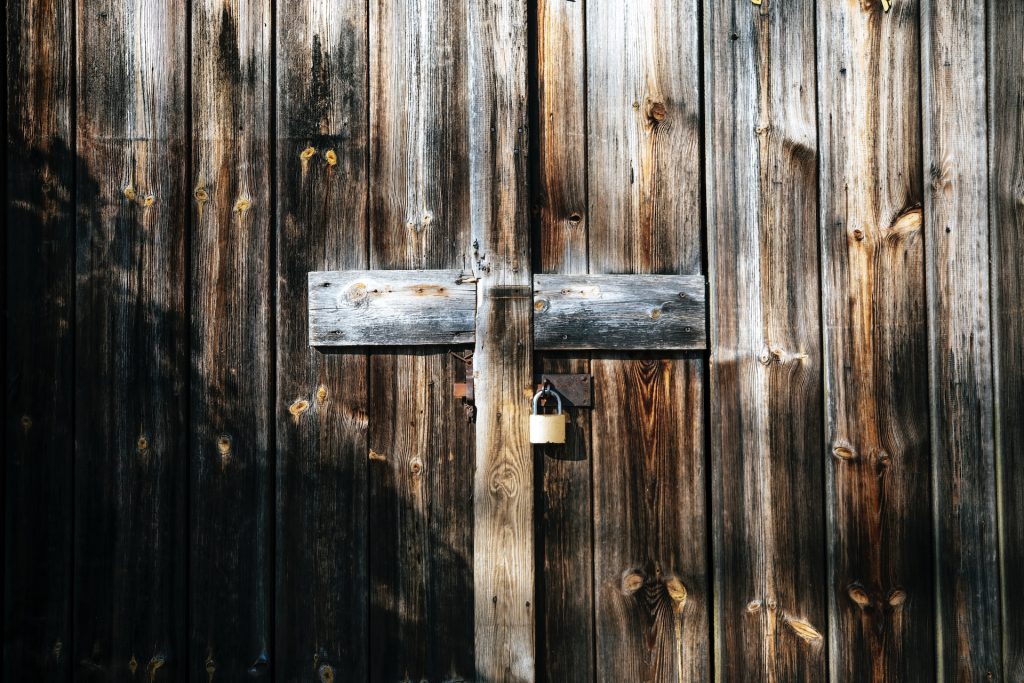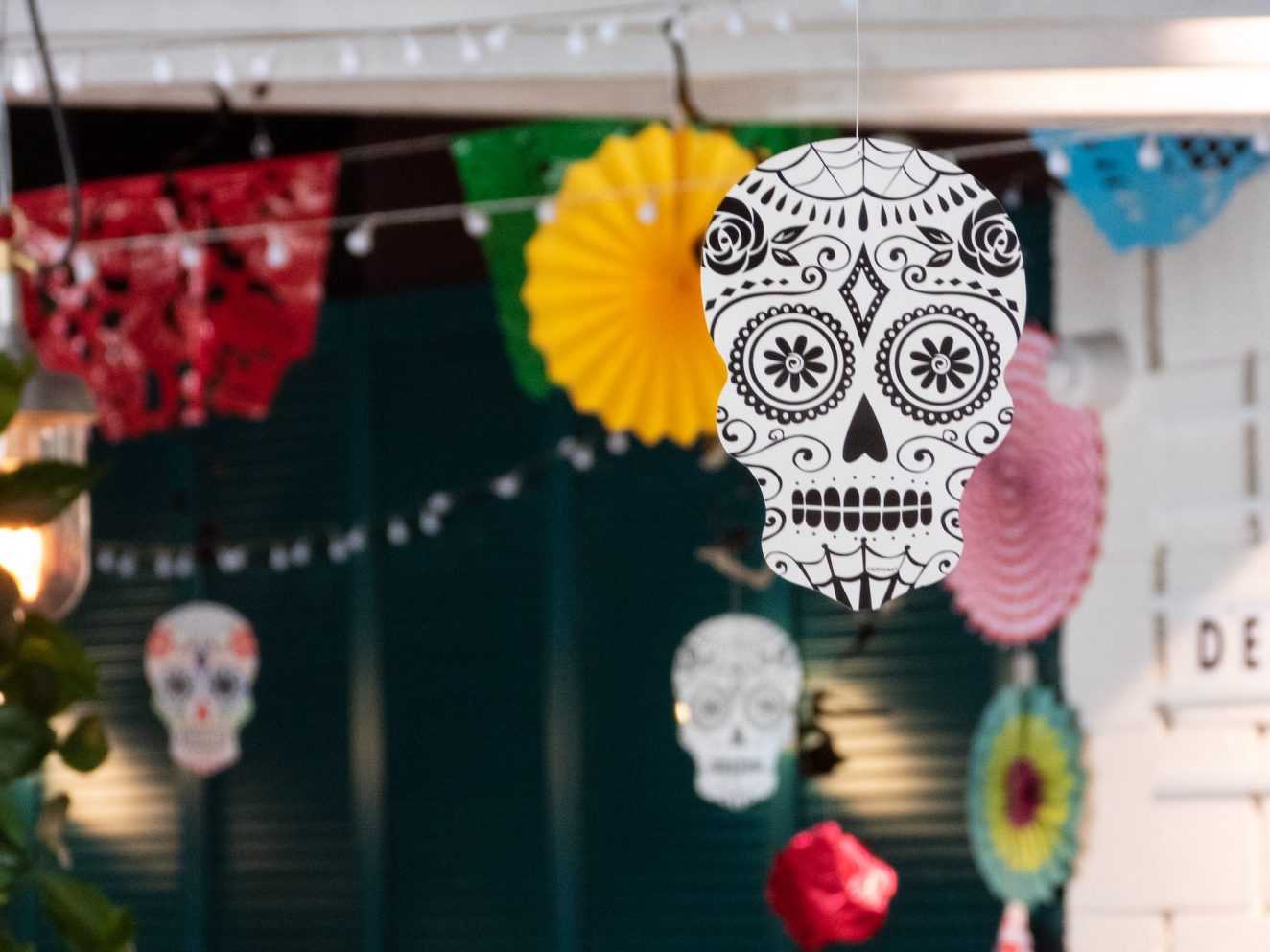Superstitions, those curious beliefs that defy logic and reason, have held a grip on human society for centuries. From avoiding walking under ladders to crossing our fingers for good luck, these age-old customs often find their way into our daily lives. In this blog post, we’ll explore the intriguing world of superstitions, dig into why so many people believe in them, and reveal the scientific explanations that debunk some of the most popular ones.

What Are Superstitions?
Superstitions are irrational beliefs or practices that are often rooted in cultural traditions and folklore. They typically involve the belief that certain actions, objects, or rituals can bring about good luck, avert bad luck, or influence future events. Superstitions vary widely across cultures and can encompass everything from numbers and animals to everyday objects.
Why Do People Believe in Superstitions?
- Cultural Influence: Many superstitions are passed down through generations within specific cultural or religious groups. People often adhere to these beliefs out of respect for tradition and community.
- Psychological Comfort: Superstitions can provide a sense of psychological comfort and control in uncertain situations. They offer a way for individuals to feel like they have some influence over unpredictable events.
- Confirmation Bias: When someone believes in a superstition, they may selectively remember instances where it appeared to work while ignoring cases where it didn’t. This confirmation bias reinforces their belief.
- Human Need for Patterns: Humans are wired to seek patterns and connections, even when none exist. Superstitions often capitalize on this cognitive tendency.

Scientific Explanations for Debunking Superstitions
- Breaking Mirrors Brings Seven Years of Bad Luck: This superstition likely originated from the idea that mirrors are magical and can capture a person’s soul. In reality, the seven-year curse is arbitrary and has no scientific basis.
- Walking Under a Ladder is Unlucky: This superstition may have practical origins, as walking under a ladder can be physically dangerous. But it has no intrinsic connection to bad luck.
- Friday the 13th is Unlucky: The fear of Friday the 13th, known as paraskevidekatriaphobia, is thought to have roots in ancient Norse mythology and Christian beliefs. However, there is no empirical evidence to support this superstition.
- Breaking a Mirror Brings Bad Luck: The belief that breaking a mirror brings seven years of misfortune likely stems from ancient cultures’ views on mirrors as tools for capturing one’s soul. In reality, it’s just a superstition with no scientific basis.
- Crossing Fingers for Good Luck: The origin of this superstition is unclear, but it’s believed to have pagan roots. While it might make us feel better, crossing fingers has no influence on the outcome of events.
The Role of Chance and Probability
Many superstitions can be debunked by understanding the role of chance and probability in our lives. For example, if you believe in lucky socks, consider that wearing those socks on a day when something positive happens doesn’t mean the socks caused the good luck. It’s simply a coincidence.
The Placebo Effect
Superstitions can also be seen as a form of the placebo effect. When people believe that a certain action or object brings them luck, their improved mood and outlook can actually lead to better outcomes. While this isn’t a magical power of the superstition, it does highlight the mind’s ability to influence our experiences.

Superstitions, with their fascinating origins and quirky beliefs, continue to captivate our imagination. While they may offer psychological comfort and a sense of control in an unpredictable world, it’s essential to recognize that they often lack scientific grounding. Understanding the scientific explanations that debunk popular superstitions can help us navigate life with a more rational and evidence-based approach. In the end, while superstitions may add a touch of mystique to our lives, they should be taken with a grain of salt, leaving room for the true magic of reason and knowledge to shine through.





